“It’s awesome to see our participants smiling when we’re at a volunteer site,” said Bri Nichols, a Program Coordinator for JF&CS CHAI Works. “I don’t think I’ve ever seen a frown!”
CHAI Works is a community-based day program for adults with disabilities offered through Jewish Family & Children’s Service. With locations in Waltham and Canton, CHAI Works helps participants become more independent, pursue individual goals, and experience the gratification of meaningful, productive activity throughout the week.
Volunteering in the community is an important and popular part of the CHAI Works experience. “It gives the participants a sense of pride…it’s a way for them to give back,” said Nichols. “Volunteering is all about upholding the dignity of the participants.” [continue reading…]





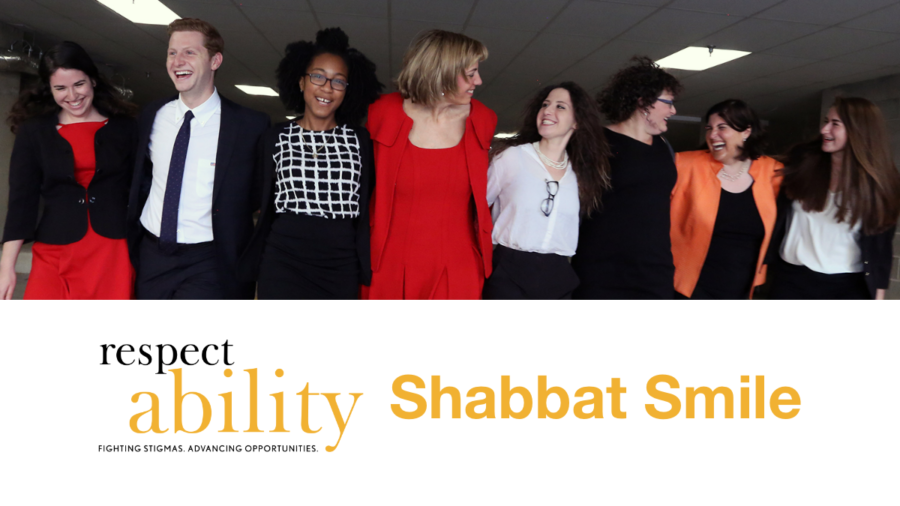
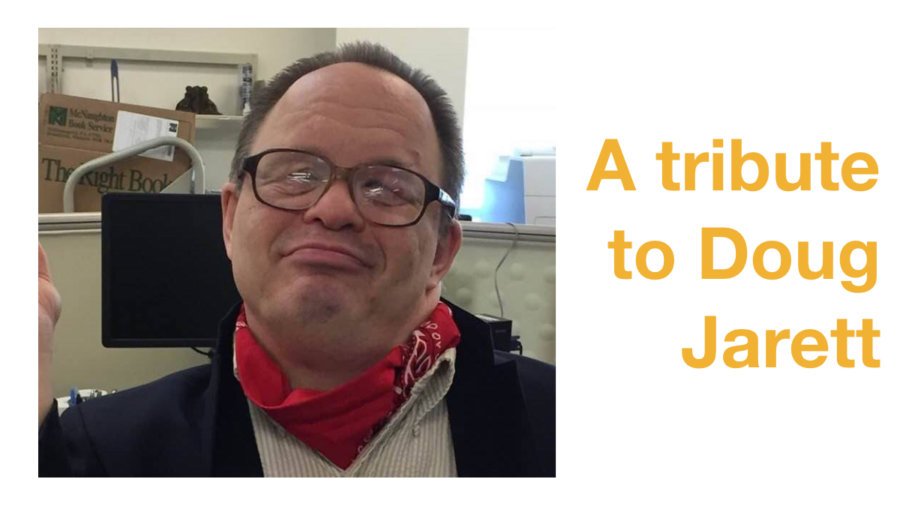

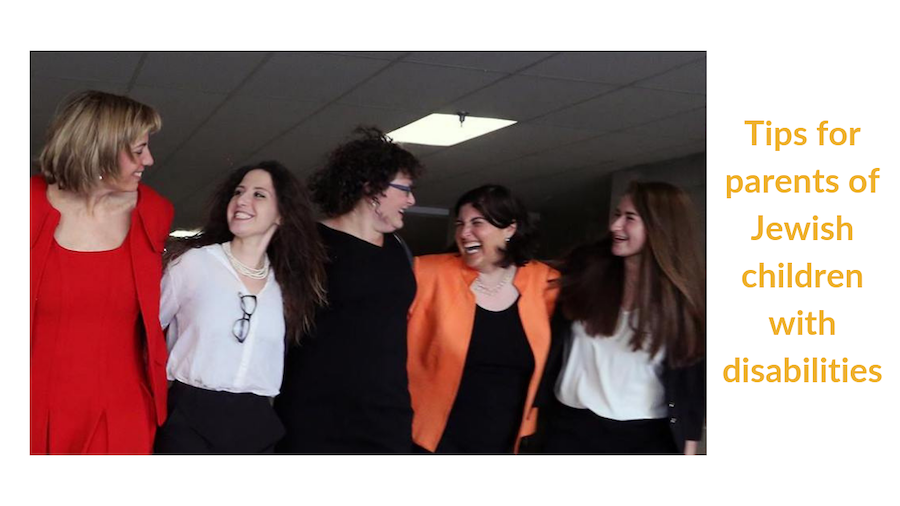
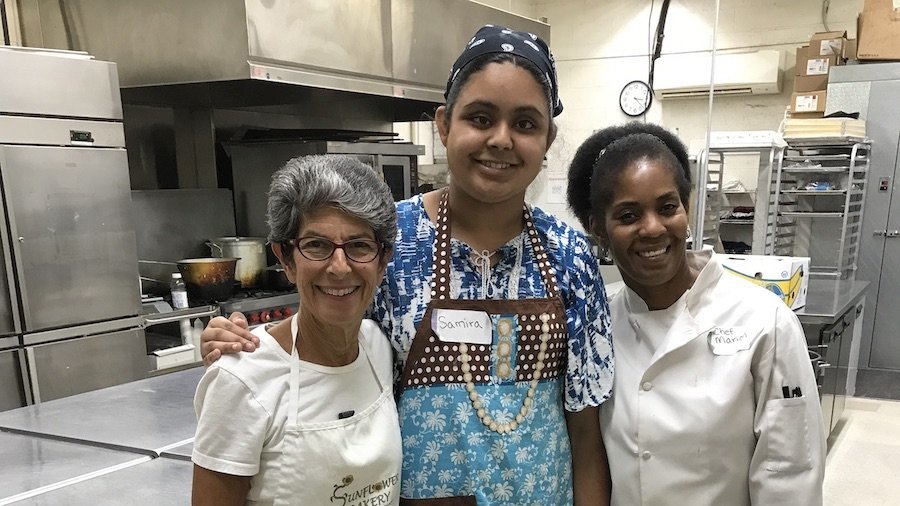
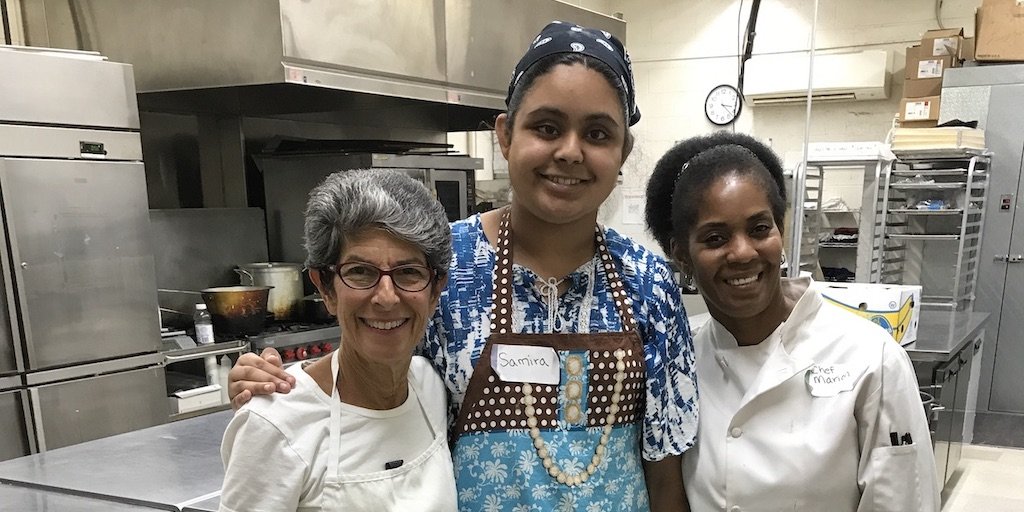 Sunflower Bakery is a very popular kosher, pareve Bakery serving the Greater Washington DC Metro Area. We produce unique and delicious pastries, including new menus for all seasons and holidays. Our products are sold at our Café Sunflower in a warm and welcoming environment with extraordinary customer service. Producing outstanding products is one of the keys to Sunflower’s success; producing skilled, well-trained employees for other local food establishments is our raison d’être.
Sunflower Bakery is a very popular kosher, pareve Bakery serving the Greater Washington DC Metro Area. We produce unique and delicious pastries, including new menus for all seasons and holidays. Our products are sold at our Café Sunflower in a warm and welcoming environment with extraordinary customer service. Producing outstanding products is one of the keys to Sunflower’s success; producing skilled, well-trained employees for other local food establishments is our raison d’être.


